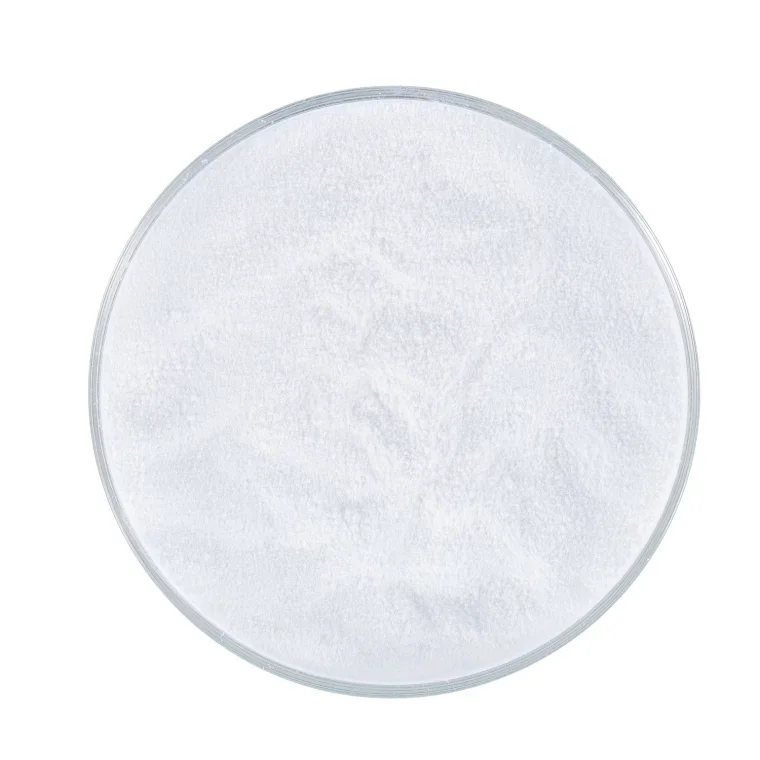What Is 2,2'-Azodi(2-methylbutyronitrile) and Its Role in Polymerization Reactions?
4 min readIn the world of polymer chemistry, initiators are key to triggering and controlling polymerization reactions, ultimately determining the properties of the final polymer product. One such initiator that plays a significant role in various polymerization processes is 2,2'-Azodi(2-methylbutyronitrile), often abbreviated as AMBN. But what exactly is this compound, and why is it so critical in the production of certain polymers?
This article delves into the chemistry of 2,2'-Azodi(2-methylbutyronitrile), explaining its function in polymerization reactions and its importance in industrial applications. We will also explore how companies like Hengqi New Material Co., Ltd. contribute to the production and supply of essential polymerization initiators, such as AMBN, to enhance the manufacturing of various polymers.

What Is 2,2'-Azodi(2-methylbutyronitrile)?
2,2'-Azodi(2-methylbutyronitrile) is a type of organic peroxide, specifically a free radical initiator that is commonly used in the polymerization of styrene, acrylics, ABS, and other vinyl monomers. It is a member of the azodicarbonamide family of compounds and is primarily used to initiate free radical polymerization reactions.
AMBN consists of a central azodi group bonded to two 2-methylbutyronitrile units. Upon decomposition, AMBN generates free radicals that can start the polymerization of various monomers, leading to the formation of polymers with specific properties suited for industrial applications.
The Role of AMBN in Polymerization Reactions
Free Radical Polymerization
In polymer chemistry, free radical polymerization is one of the most widely used techniques for producing a variety of polymers. The process involves initiating a chemical reaction that leads to the growth of a polymer chain. AMBN acts as the initiator in this reaction, breaking down into free radicals that react with the monomers, starting the polymerization process.
-
Decomposition to Free Radicals: AMBN decomposes thermally (usually under heat), generating free radicals.
-
Polymerization Initiation: These radicals react with monomers, starting a chain reaction that results in the formation of polymers.
-
Chain Propagation: Once the free radical has reacted with the monomer, it becomes part of the growing polymer chain, and the reaction continues, adding more monomers to the chain.
-
Termination: The reaction ends when two growing polymer chains combine, or when other reactions prevent further polymer growth.
Versatility in Polymer Types
AMBN is a versatile initiator used in the production of a wide range of polymers, including but not limited to:
-
Polystyrene
-
Polyacrylonitrile
-
Acrylic polymers
-
ABS (Acrylonitrile Butadiene Styrene)
-
Polypropylene
Each of these polymers has distinct properties that are valuable in various industrial applications, from plastics manufacturing to adhesives and coatings.
Applications of AMBN in Industry
The use of 2,2'-Azodi(2-methylbutyronitrile) as a polymerization initiator has extensive applications in several industries. Some of the key applications include:
1. Polymer Synthesis for Plastics
AMBN is commonly used in the polymerization of polystyrene and acrylic-based polymers, both of which are foundational materials in the plastics industry. Polymers like ABS are used in the production of automotive parts, electronics, appliances, and more, making AMBN a crucial ingredient for manufacturers in these fields.
2. Rubber and Elastomers Production
In addition to synthetic plastics, AMBN is also used in the production of rubber and elastomers, including styrene-butadiene rubber (SBR). By initiating polymerization in the rubber, it helps create durable, flexible materials used in products like tires, seals, and gaskets.
3. Resins and Coatings
Resins used in coatings, adhesives, and sealants are often polymerized using AMBN as an initiator. These materials must have specific mechanical properties to perform well under different environmental conditions, and AMBN helps control the structure of the polymer to meet these requirements.
Why Choose AMBN from Hengqi New Material Co., Ltd.?
Hengqi New Material Co., Ltd. has become a leader in the production and supply of high-quality polymerization initiators such as AMBN. With more than 20 years of expertise, the company provides innovative organic peroxides, crosslinking agents, and other additives for industries involved in the production of synthetic resins, polymers, and rubbers.
The company adheres to ISO9001 and ISO14001 quality management standards to ensure that all their products meet the highest levels of quality and safety. Their wide range of products, including AMBN, is used to enhance the efficiency and performance of polymerization reactions in various industrial applications. Whether you're looking for customized solutions or a reliable supplier for high-precision chemical components, Hengqi New Material Co., Ltd. offers the expertise and resources to meet your needs.
Conclusion
2,2'-Azodi(2-methylbutyronitrile), or AMBN, plays a critical role in free radical polymerization reactions, enabling the production of a wide array of essential polymers. From plastics to rubbers and coatings, AMBN is a vital ingredient in many industrial processes. As industries continue to demand higher-performance materials, the demand for effective polymerization initiators like AMBN will only grow.
For manufacturers and chemists looking to enhance the efficiency of their polymerization processes, choosing a reliable supplier like Hengqi New Material Co., Ltd. ensures access to high-quality, trusted products and services that meet rigorous industrial standards.
www.ahhengqi.com
Anhui Hengqi New Material Co., Ltd.
